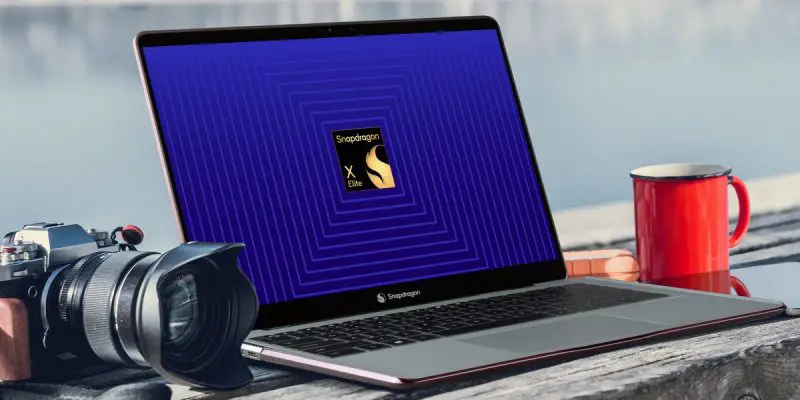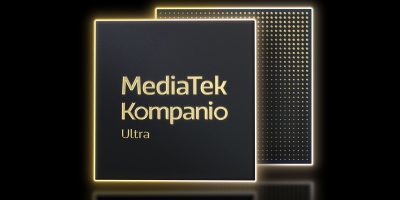The first wave of Qualcomm Snapdragon X Elite computers were recently announced, but if Arm has their way, Qualcomm’s ambitions could come to a screeching halt. This comes as the legal battle between Arm and Qualcomm continues, where the former is asking the latter to destroy the Snapdragon X Elite chipset.
According to a report from Reuters, it seems that Arm is arguing that Qualcomm does not have a license to make custom Arm chipsets. For those unfamiliar, Arm’s technology is the underlying technology that powers pretty much most of the chipsets you find in phones and tablets these days.
Even the Apple Silicon relies on Arm’s technology. However, in Qualcomm’s case, they bought a company called Nuvia to help them develop custom cores. This is versus the Cortex series of cores that were designed by Arm. Nuvia had previously had a license with Arm, but when they were bought over, the license was canceled. The company says that Qualcomm would have been required to negotiate a new deal.
In a statement an Arm spokesperson gave to Reuters:
“Arm’s claim against Qualcomm and Nuvia is about protecting the Arm ecosystem and partners who rely on our IP and innovative designs, and therefore enforcing Qualcomm’s contractual obligation to destroy and stop using the Nuvia designs that were derived from Arm technology.”
It is unclear how this will play out and if both companies will come to an agreement, so we’ll have to wait and see.







Comments